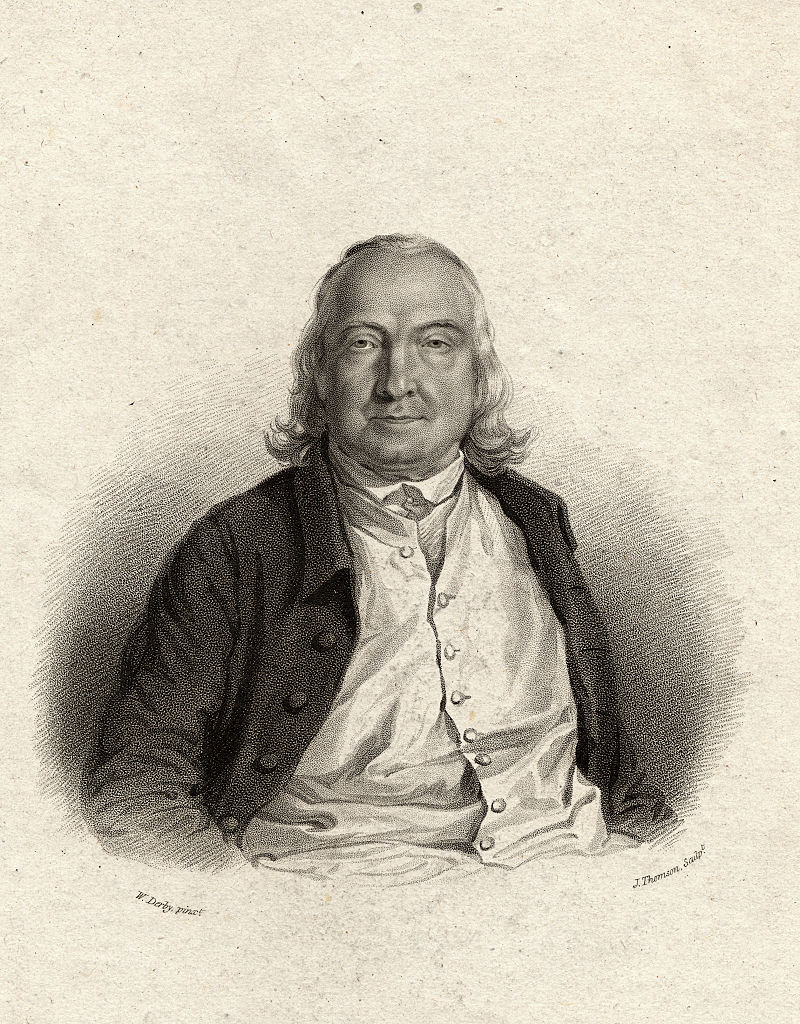Western civilisation still has not satisfyingly answered a key question that arose as a consequence of modernity and industrialisation: How do we reconcile the promise of liberation through reason and technological progress with the reality that many find themselves trapped in what might be called the melancholy of modernity? The very forces that were supposed to free us from the constraints of tradition have left many feeling unmoored, disconnected, and spiritually impoverished. This is not merely the complaint of a middle-aged reactionary or nostalgic like myself, but a profound cultural crisis that demands serious attention.
When people feel increasingly unmoored, they inevitably look for anchors, and these anchors may manifest as ideologies ranging from Islamism to neo-Marxism to neo-Nazism and so on. This problem is exacerbated by a contemporary elite that offers no compelling alternative, its aloofness fuelling discontent with the status quo.
Perhaps no thinker captured this modern predicament better than Émile Durkheim in his groundbreaking 1897 study on suicide. His concept of “anomie,” the breakdown of social and moral norms, remains strikingly relevant. Writing over a century ago, he observed that “man cannot become attached to higher aims and submit to a rule if he sees nothing above him to which he belongs. To free himself from all social pressure is to abandon himself and demoralise him.”
This insight becomes particularly urgent when we consider Durkheim’s finding that suicide rates were consistently higher among Protestants than Catholics, which he attributed to the stronger social cohesion and moral regulation within Catholic communities. A contemporary study from 452 counties confirmed Durkheim’s thesis with striking precision. Researchers found that Protestantism increased annual suicide rates by approximately 15-20 deaths per 100,000 inhabitants, with the mean rate being 13 per 100,000.
The implication is troubling: As societies become more individualistic and less bound by shared cultural frameworks, they may paradoxically become less conducive to human flourishing.
This is not an entirely Western phenomenon. Japan is dealing with a similar crisis through the condition known as hikikomori, which describes “staying at home for 6 months or more and avoiding participating in social activities, for reasons unexplained by other mental disorders […] the social withdrawal can be so severe that family members prepare meals for the individual and leave them outside their door.” This mental condition is currently affecting approximately 1.5 million people—about 2 per cent of Japan’s population.
Staff at Japanese support centres cite cultural individualisation as a primary factor. They describe how Japan’s shift toward individualistic, merit-based competition has created overwhelming pressure while simultaneously weakening the communal support systems that once provided resilience. Traditional extended family structures have given way to nuclear families, reducing the natural support networks that historically helped young people navigate challenges.
Durkheim understood something that many of today’s champions of radical individualism miss: Social pressures and cultural constraints are not merely sources of oppression, as thinkers like Freud would later argue, but essential features of human psychological well-being. The liberation promised by modernity’s assault on traditional structures has indeed brought benefits, but it has also unleashed forces that can dissolve the very bonds that make community life possible.
This leads to a critical point often overlooked in contemporary political discourse: Social life hinges on culture, which fosters the emotional bonds essential for group identity and effective collective action. Not every cultural innovation, however, leads to social progress. Indeed, cultural shifts can fragment communities and undermine cooperation. For example, the dominant culture among Western elites—with its emphasis on individualism, multiculturalism, and often outright hostility toward its own cultural roots—has sparked a counter-culture that threatens to tear societies apart.
Effective democratic governance requires citizens willing to prioritise the common good over immediate self-interest, trust fellow citizens enough to accept majority decisions, and sustain institutions across generations. These behaviours cannot be sustained by rational argument alone; they demand deep cultural commitments transmitted through families, communities, and shared traditions. Whether called patriotism, nationalism, or nostalgia, this sense of legitimacy is vital for any political system to function. Without it, even the best system is doomed to fail. Abstract ideals like “human rights” or “global citizenship,” however noble, lack the psychological resonance of concrete cultural identities rooted in history, place and shared experience. This explains why, for example, the European Convention on Human Rights and its legal rulings are rapidly losing legitimacy: People eventually reject decisions from an institution they perceive as lacking emotional or cultural ties. And this problem will spread to other institutions as well. The European Union itself is having a permanent crisis of legitimacy, despite often liking itself to the most enlightened of all political projects. But precisely that is the problem: The nameless and cold calculating bureaucrat as the apotheosis of governance might be Brussel’s dream, but it is the people’s nightmare.






Social media ‘Hitler chic’ means Nazism may lose all meaning